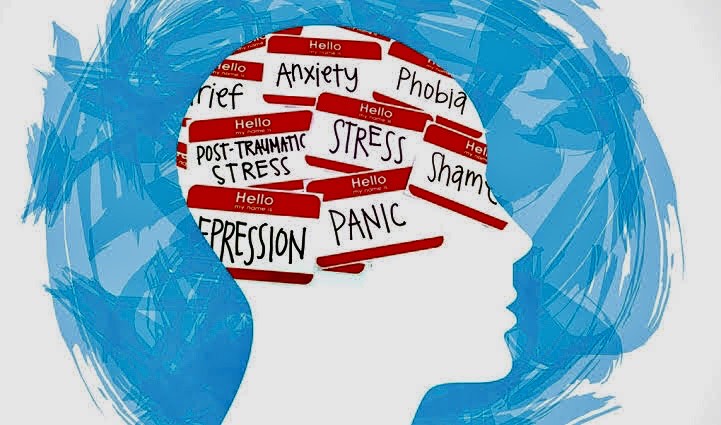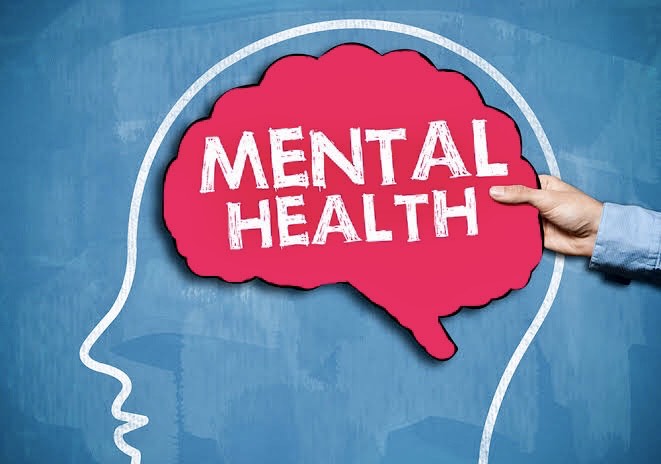
By Faith Nyasuguta
Kenyans who suffer from mental illnesses lack immediate help at primary health facilities and are mostly referred elsewhere to once-a-week clinics, a new survey shows.
It details that most health workers in dispensaries, health centres and level 4 hospitals have minimal
training on mental disorders, which means that many patients are lost in the referral system before getting any help.
The survey commissioned by researchers from Kenya’s University of Nairobi’s College of Health Sciences, was conducted in the capital Nairobi with the researchers saying that the situation upcountry could be worse.
“Our findings show that health care services centered around physical health were offered daily while the mental health services were still vertical, offered weekly through specialist services by the Ministry of Health directly or non-governmental partners,” they said.
The survey aimed at identifying obstacles and opportunities in integrating mental health into the nation’s primary healthcare as part of the Universal Health Coverage (UHC).
The survey has been published in the Annals of General Psychiatry journal and it was carried out in health centres in low-income areas of Kangemi and Kariobangi.

FEW MENTAL HEALTH EXPERTS
Kenya’s mental illness accounts for about four per cent of the key health conditions and the prevalence is on an upward trajectory, according to the Ministry of Health.
However, there is a paucity of trained medical professionals to handle mental illnesses.
As at 2016, Kenya had below 500 trained mental health professionals comprising 100 psychiatrists, mostly based in the capital, and 12 neurologists mainly based in private hospitals in urban settings.
Nationwide, Kenya has some 2,100 psychologists and over 100 psychiatric nurses, data by the Kenya Psychological Association shows.
Prof Lukoye Atwoli, the chairman of Kenya’s Mathari National Teaching and Referral Hospital, noted that a high number of Kenyans are battling mental illnesses, but are unaware of their status.
“The truth of the matter is that inequality fuels mental ill-health. People with mental illness in a world that is unequal tend to be in the lower ranks of society. They have less access to all services including mental health services,” he said.
He spoke ahead of the World Mental Health Day on October 10.

One of the most prevalent mental illnesses in Kenya is depression with half of the people who go to general hospitals for any other reason found to be suffering from the illness.
“We are highlighting this so that the world and governments can think about ensuring that even the poorest of the poor have access to mental health services,” he added.




